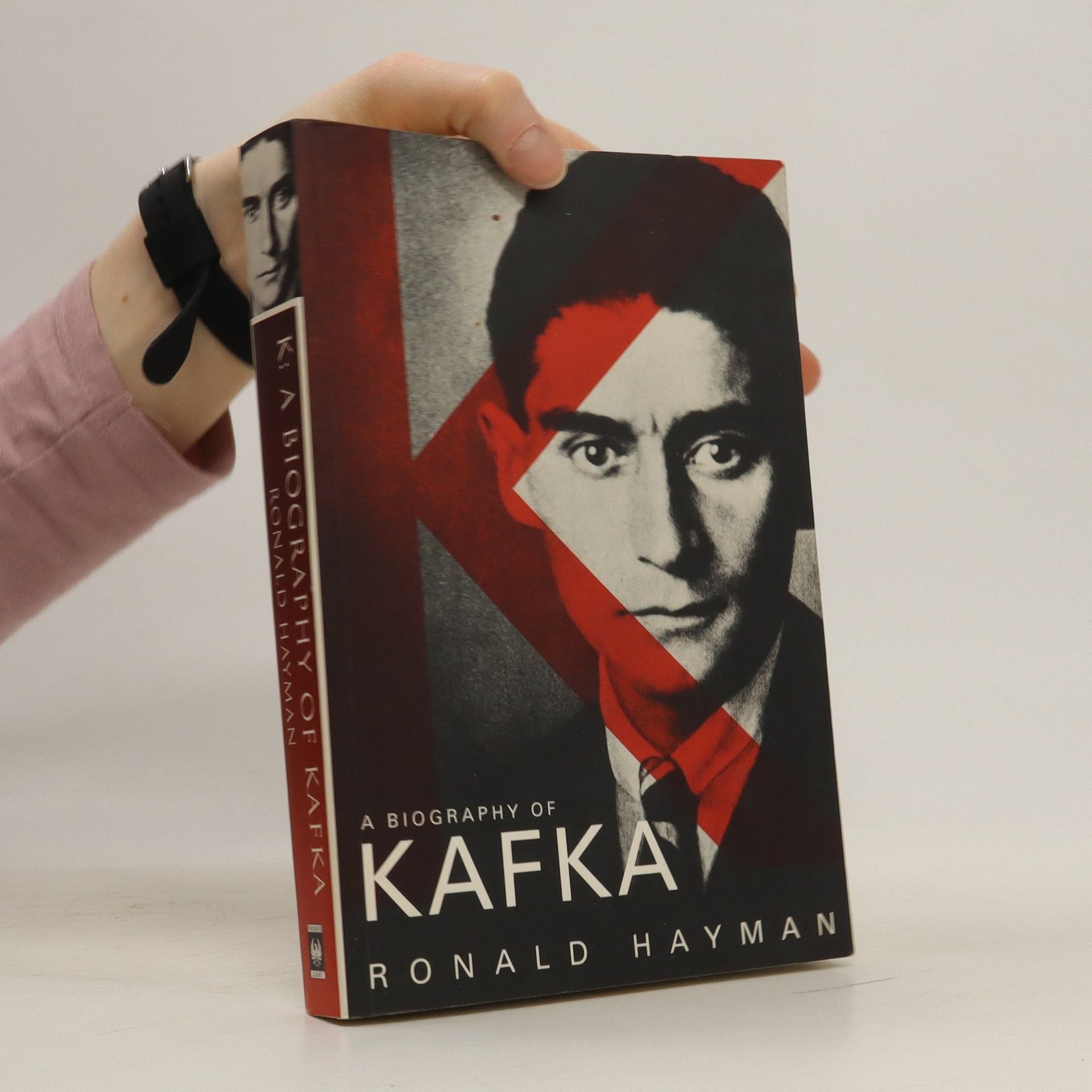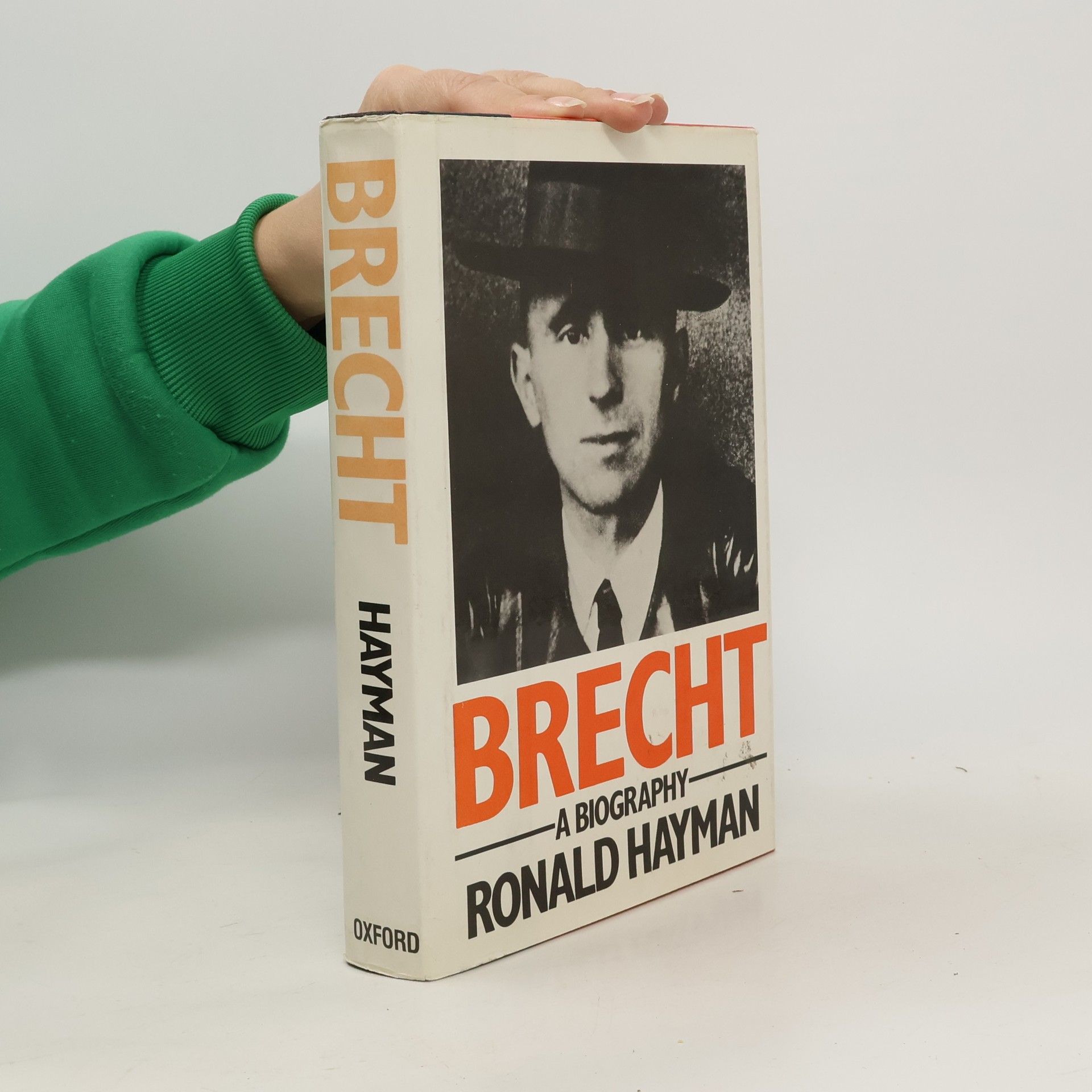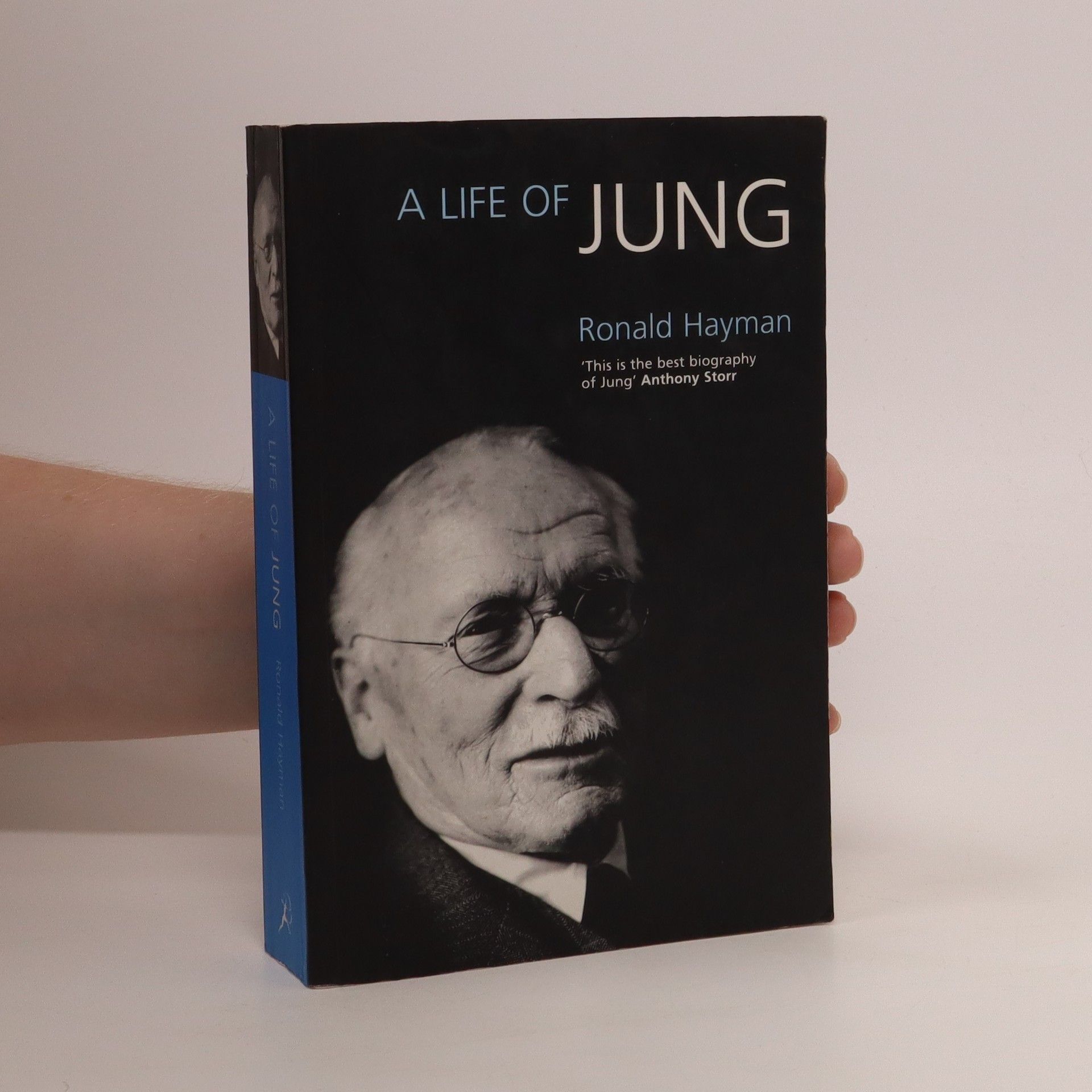A life of Jung
- 544pages
- 20 heures de lecture
Carl Jung's theories made him one of the world's most influential psychoanalysts. With a combination of charisma, simplicity and brutal outspokenness, he inspired in his patients deep hatred and overpowering love in equal measure. Some he saved from psychosis, while he drove others to despair. Until his death in 1961, he initiated groundbreaking ideas, yet trusted only his impulses. With impeccable research including access to unpublished and previously unused material Ronald Hayman reveals what went on during Jung's sessions, and explores the great man's own sanity. Other biographers have either celebrated him as an idol or condemned him for his failings. In Jung, Hayman neither ignores his faults nor exaggerates them. The result is a rare insight into how Jung's revolutionary ideas grew out of his own extraordinary experiences.




